Economic and financial experts have urged the federal government to take decisive action in tackling Nigeria’s rising debt burden as well as other issues crippling Nigeria’s economy.
Nigeria’s debts rose by about N4 trillion in the past five months to take the portfolio to N45.25 trillion.
A breakdown of the total debt stocks hinged the increase in external debts to currency depreciation from N16.62 trillion in the first quarter to N16.93 trillion as at the end of last month.
The domestic debts, because of new issuances, rose from N24.987 trillion in the first quarter to N28.322 trillion by the end of August.
The debt stock, which stood at N32.92 trillion by December 2020, rose to N39.556 trillion by December 2021 and rose further to N41.6 trillion by the end of first quarter of 2022.
The rising debt burden continued to elicit heated public debates as public and private sectors’ experts expressed concerns over the country’s fiscal sustainability amidst dwindling national revenue.
READ ALSO: ICSAN holds national conference, Nigeria’s debt burden tops agenda
Speaking at the forty-sixth annual conference of the Institute of Chartered Secretaries and Administrators of Nigeria, ICSAN, in Lagos on Friday, Director General of the Budget Office of the Federation, Ben Akabueze explained that Nigeria’s huge public debt has resulted in the increasing debt service and lower fiscal space for development spending.
Akabueze who spoke on the conference main theme, “The National Debt Burden: Causes, effects and realistic economic solutions,” said it is important to ensure that public debt is sustainable and for this to be, urgent decisive measures are required in order to avert the public debt crisis.
Akabueze, who was represented virtually by his technical adviser, Olumide Ayodele, said the government believed that investment was required to bridge the infrastructure gap and provide public sector services to the people.
According to him, there is a need for the implementation of the relevant recommendations and discontinuation of the PMS subsidy by the end of June next year as announced or earlier.
The burden of public debt, according to Akabueze, has increased debt servicing obligations, reduced the amount of money available for development spending, halted capital projects, and restricted the ability to provide social amenities.
READ ALSO: Transition of NNPC to NNPCL, positive development for Nigeria- ICSAN
Earlier in his welcome address, ICSAN President and Council Chairman, Taiwo Owokalade, noted that the country has not only amassed huge amounts of debt but has kept borrowing at a fast rate, thus struggling to service the interest on the debt.
He explained that incurring debt is not by itself a negative development, but the size of the debt against the national income, as well the nature of the projects to which the loans are applied were the pertinent issues for serious consideration.
“The nation seems to be progressively getting deeper and deeper into the debt quagmire amidst the clamour of many concerned stakeholders that trend should be arrested.
“Many stakeholders are very concerned because our current debt profile prognosticates an inauspicious omen for national progress, development and sustainability. We cannot talk of national sustainability if we cannot survive except by taxing the resources that should be available for the future.

 Health1 week ago
Health1 week ago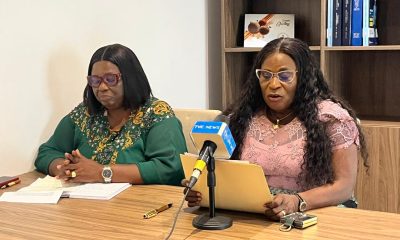
 Latest7 days ago
Latest7 days ago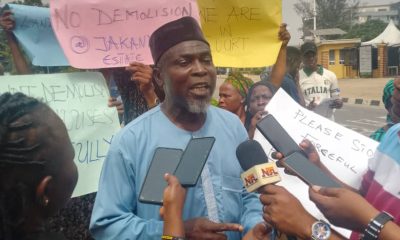
 News1 week ago
News1 week ago
 Business6 days ago
Business6 days ago
 Business1 week ago
Business1 week ago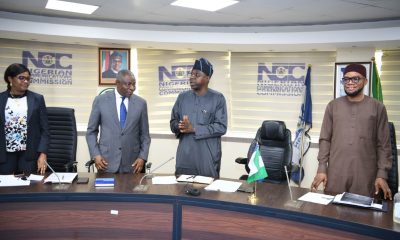
 Business7 days ago
Business7 days ago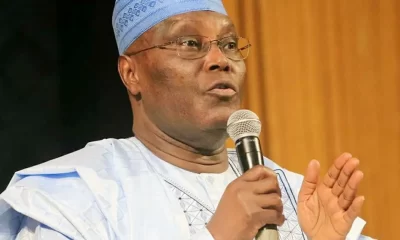
 Latest1 week ago
Latest1 week ago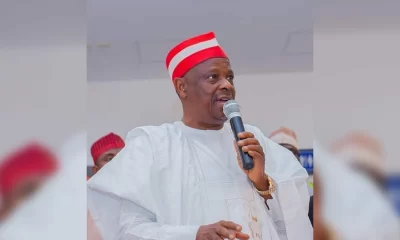
 Latest1 week ago
Latest1 week ago

